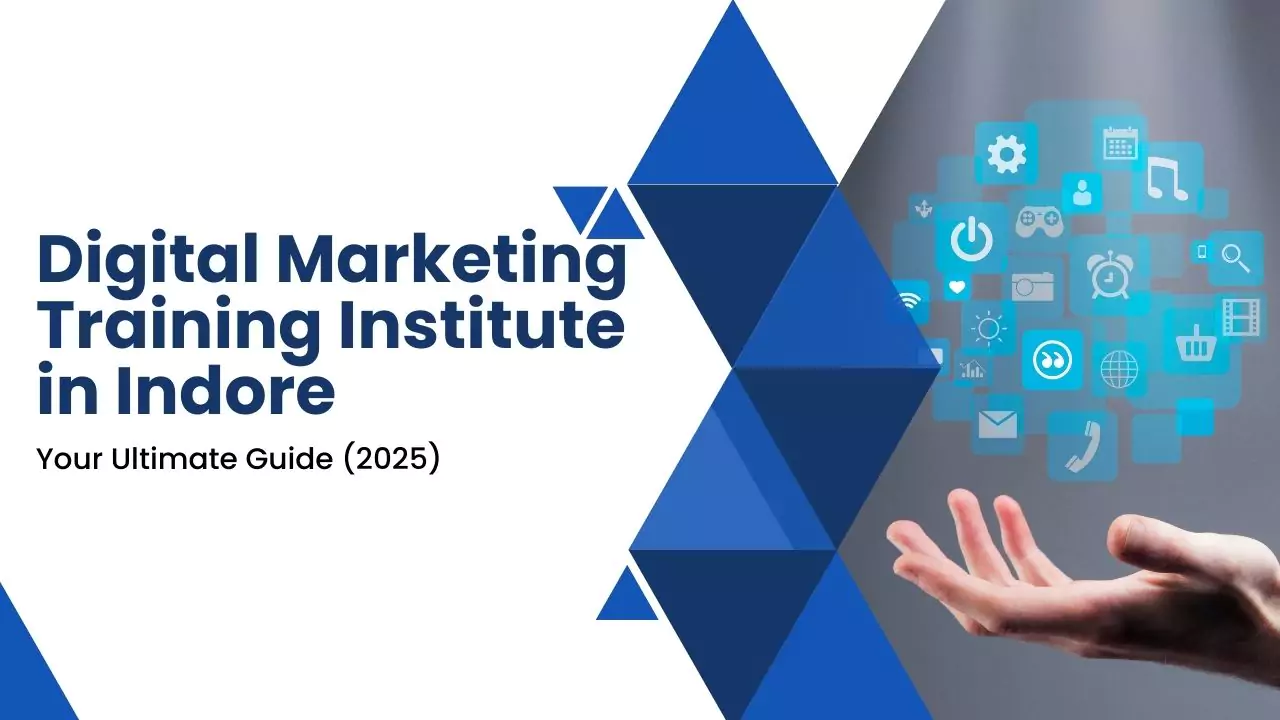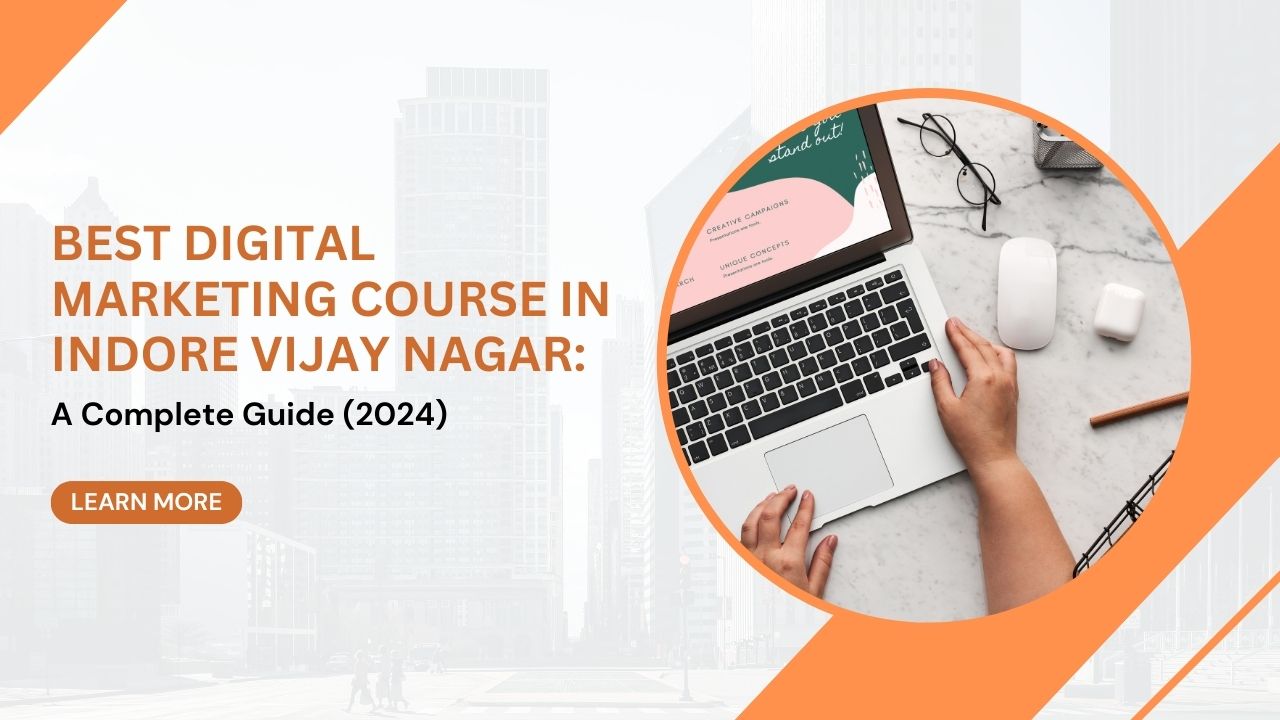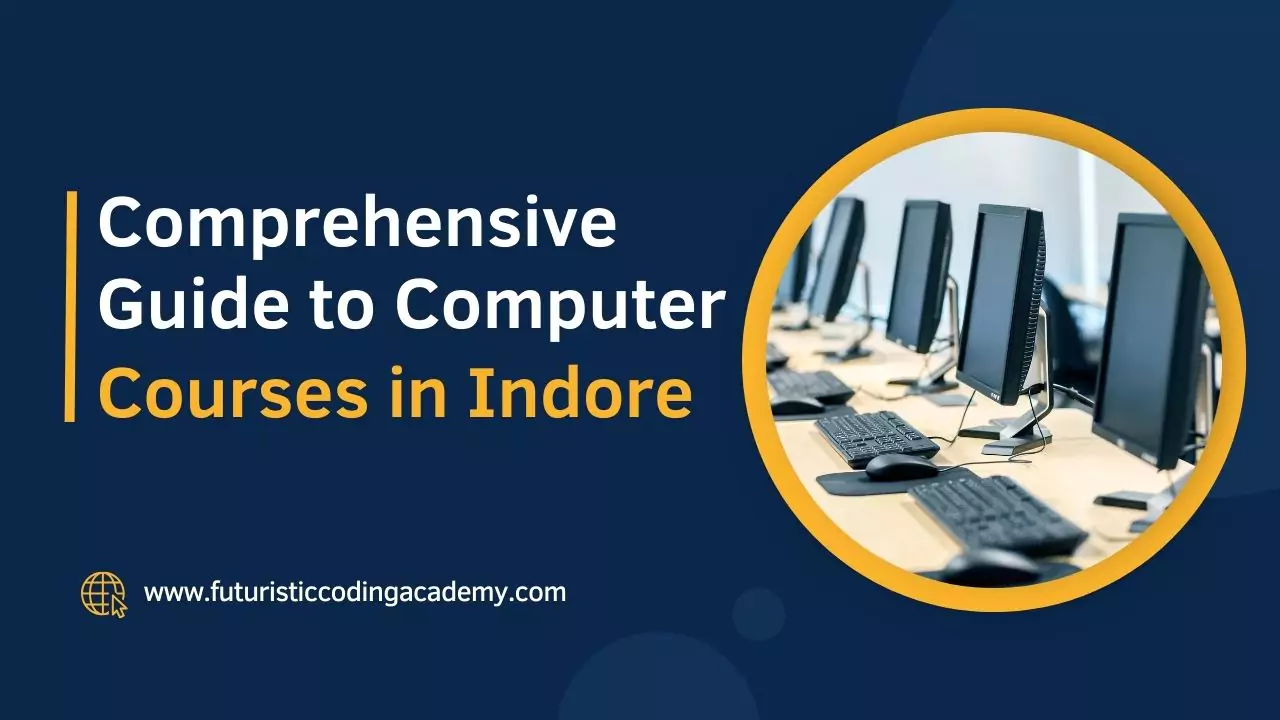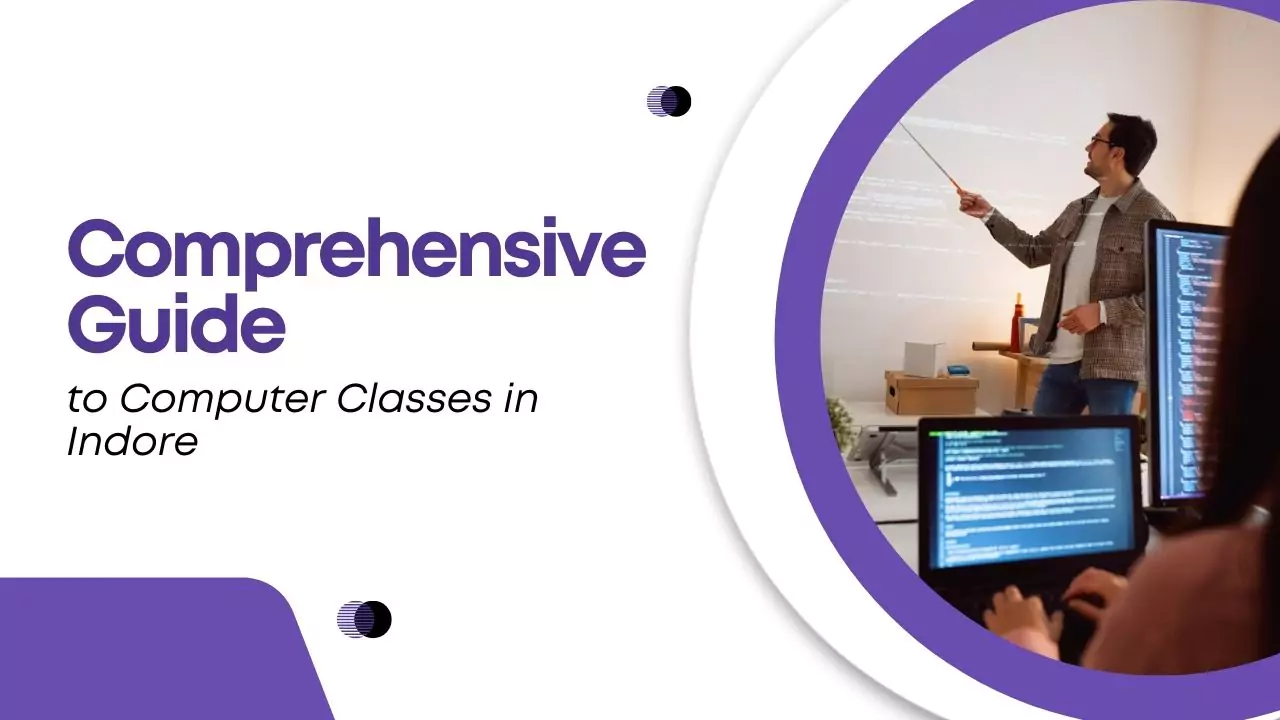In today’s rapidly evolving tech landscape, the demand for Java full stack developers is surging. These professionals, skilled in both front-end and back-end development, are pivotal in building scalable, efficient, and secure web applications. If you’re aspiring to become a Java full stack developer or looking to expand your knowledge, this comprehensive guide will walk you through the skills, tools, and roadmap to success.
At Futuristic Coding Academy, we specialize in preparing developers to excel in the competitive world of full stack development. This guide will help you get started on your journey.
What is a Java Full Stack Developer?
A Java full stack developer is proficient in both front-end (client-side) and back-end (server-side) development. They handle everything from designing user interfaces to managing databases, creating a seamless experience for users. Full stack developers bridge the gap between various technologies to deliver cohesive web applications.
Key responsibilities include:
- Designing and developing user-facing elements (HTML, CSS, JavaScript).
- Writing and managing server-side logic (Java, Spring).
- Handling database management (SQL/NoSQL).
- Deploying and maintaining applications (Docker, Jenkins).
Java full stack developers are versatile, capable of managing all layers of an application.

Core Skills of a Java Full Stack Developer
To thrive as a Java full stack developer, you need to master a wide range of technologies and tools
1. Java Programming
Java is at the core of full stack development. Proficiency in Java frameworks like Spring Boot and Hibernate is essential for building robust, scalable applications.
2. Front-End Technologies
A full stack developer must be adept at front-end development. This includes working with HTML, CSS, and JavaScript, along with frameworks like React, Angular, or Vue.js to create dynamic, user-friendly interfaces.
3. Back-End Development
Back-end development involves server-side scripting, API creation, and database management. In addition to Java, developers should be familiar with RESTful APIs, SOAP services, and frameworks like Spring Boot to handle server-side operations.
4. Database Management
Database management is a critical part of full stack development. Developers must work with both SQL (MySQL, PostgreSQL) and NoSQL (MongoDB) databases to manage and retrieve data efficiently.
5. Version Control
Mastering Git for version control is essential for collaborating on code and tracking changes. Understanding tools like GitHub and Bitbucket is crucial for modern development practices.
6. DevOps and Deployment
Full stack developers must also be comfortable with deployment tools like Docker, Kubernetes, and Jenkins. Familiarity with cloud platforms (AWS, Azure, GCP) is increasingly important for deploying scalable applications.

Step-by-Step Roadmap to Becoming a Java Full Stack Developer
Here’s a structured roadmap to becoming a proficient Java full stack developer.
Week 1-2: Java Basics
Start with core Java concepts like object-oriented programming, data structures, and algorithms. Master how the Java Virtual Machine (JVM) works to optimize code execution.
Week 3-4: Front-End Skills
Learn HTML, CSS, and JavaScript. Explore frameworks like React or Angular to create interactive front-end applications.
Week 5-6: Database Management
Focus on learning SQL and NoSQL databases. Understand how to perform CRUD operations and manage data in applications.
Week 7: Java Frameworks
Dive into frameworks like Spring Boot for creating back-end APIs. Master dependency management with tools like Maven and Gradle.
Week 8: Web Services and APIs
Learn how to build and consume RESTful APIs using Java. Explore web services like SOAP for complex applications
Week 9-10: Cloud and DevOps
Gain hands-on experience with cloud platforms (AWS, Azure) and containerization tools like Docker. Automate deployments using Jenkins for continuous integration

Top Java Full Stack Developer Courses and Certifications
Becoming a certified Java full stack developer can significantly boost your career prospects. Here are some top certifications:
- Oracle Certified Professional, Java SE.
- Certified Java Full Stack Developer from platforms like Coursera and Futuristic Coding Academy.
- Spring Professional Certification for mastering Java frameworks.
At Futuristic Coding Academy, we offer tailored full stack development courses designed to equip you with the skills needed to thrive in the industry.
At Futuristic Coding Academy, we specialize in preparing developers to excel in the competitive world of full stack development. This guide will help you get started on your journey.
Java Full Stack Developer Interview Questions
Preparation is key to acing interviews. Here are some common questions you may encounter:
- What are the advantages of using RESTful APIs over SOAP?
- How do you improve website load times and performance?
- Explain the difference between abstract classes and interfaces in Java(Coding Dojo) (www.javatpoint.com).
Be sure to review these topics in-depth and practice with coding challenges.

Salary and Career Outlook
Java full stack developers enjoy competitive salaries due to their versatile skill set. According to industry data, the average salary for a Java full stack developer in the U.S. is around $78,300 per year, with higher potential depending on experience and location.
Conclusion: Why Java Full Stack is the Future of Development
The demand for Java full stack developers continues to grow as businesses seek professionals who can handle every aspect of application development. By mastering both front-end and back-end technologies, you can position yourself as a valuable asset in the tech industry.
If you’re ready to begin your journey toward becoming a Java full stack developer, Futuristic Coding Academy offers comprehensive courses that cover everything from basic programming to advanced deployment practices.
FAQs
How long does it take to become a Java full stack developer?
It typically takes 6-12 months of focused learning to become proficient in full stack development, depending on your prior experience.
What projects should I build to showcase my skills?
Start with a basic CRUD application, a personal portfolio website, or a to-do app to demonstrate your understanding of front-end and back-end integration.
What skills are needed to become a Java full stack developer?
To become a Java full stack developer, you need expertise in Java, front-end technologies like HTML, CSS, and JavaScript, and back-end frameworks such as Spring Boot and Hibernate. You should also be familiar with database management (SQL and NoSQL), version control tools like Git, and deployment tools such as Docker and Jenkins.
How long does it take to become a Java full stack developer?
The time it takes to become a Java full stack developer depends on your prior experience. On average, it can take 6-12 months of focused learning, especially if you’re starting from scratch. Completing a structured course or bootcamp can significantly shorten the learning curve.
What is the average salary of a Java full stack developer?
The average salary of a Java full stack developer in the U.S. is around $78,300 per year. However, this figure varies depending on factors like location, experience level, and the specific company.
What does a Java full stack developer do?
A Java full stack developer is responsible for both the front-end and back-end development of web applications. This includes designing user interfaces, developing server-side logic, managing databases, creating APIs, and deploying applications.
Which frameworks should a Java full stack developer know?
Java full stack developers should be proficient in frameworks like Spring Boot for the back-end and React or Angular for the front-end. These frameworks help in building scalable, efficient applications and streamline development processes.
What is the best roadmap to become a Java full stack developer?
A typical roadmap includes learning core Java, front-end technologies (HTML, CSS, JavaScript), back-end frameworks (Spring Boot), and databases (SQL/NoSQL). You’ll also need experience with version control (Git), APIs, and deployment tools like Docker.






